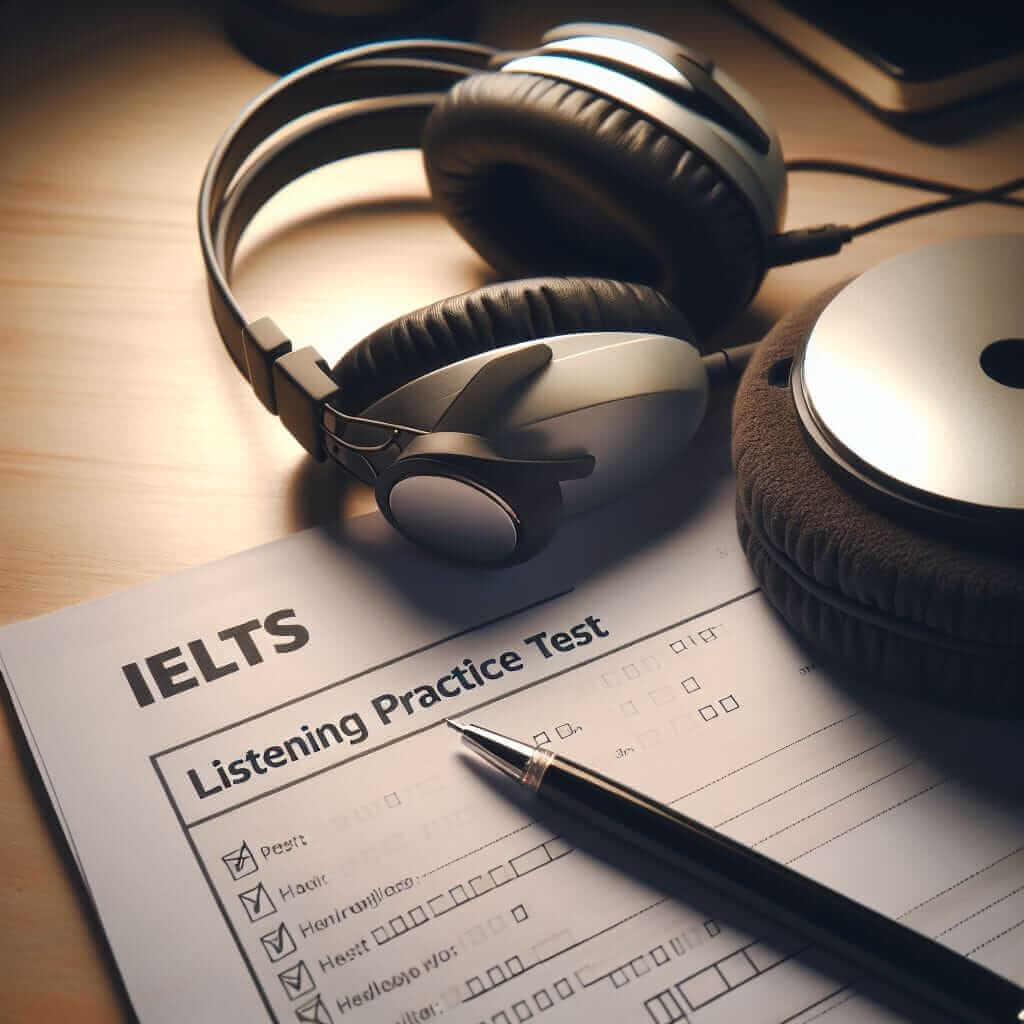For many IELTS test-takers, the listening section presents a formidable challenge. The pressure of comprehending rapid speech within a short time frame can be overwhelming. If you find yourself struggling to keep pace with the audio, rest assured, you’re not alone. This article delves into proven strategies to help you effectively improve your IELTS listening speed and boost your overall score.
Understanding the Importance of Listening Speed
Before diving into the strategies, let’s understand why listening speed is crucial for IELTS success. The listening test evaluates your ability to understand spoken English in various contexts, including conversations, lectures, and social situations.
Here’s why listening speed matters:
- Time Management: The IELTS listening test is timed, and you have limited time to answer all the questions. If you struggle to keep up with the audio, you might miss crucial information and fall behind.
- Information Retrieval: Effective listening speed allows you to quickly identify key information and answer questions accurately.
- Overall Comprehension: Faster processing of spoken English leads to better understanding of the content, context, and speaker’s intentions.
Effective Strategies to Enhance Your Listening Speed
1. Immerse Yourself in English Audio
One of the most effective methods to train your ears to process English faster is through consistent exposure. Dedicate time each day to engage with diverse English audio materials, such as:
- Podcasts: Choose podcasts on topics that interest you, ranging from current events and science to culture and comedy.
- Audiobooks: Listen to both fiction and non-fiction audiobooks to expand your vocabulary and improve your listening comprehension.
- News Broadcasts: Tune in to reputable news channels like BBC World Service or CNN to familiarize yourself with different accents and speaking styles.
Example: Instead of listening to music on your commute, try listening to an episode of a podcast about your favorite hobby.
2. Active Listening is Key
Avoid passive listening! Engage actively with the audio to maximize your comprehension and retention:
- Note-Taking: Jot down keywords, phrases, or main ideas while listening. Don’t try to write down everything; focus on capturing the essence.
- Predicting Content: Before starting a listening track, look at the questions or headings to anticipate the topic and potential vocabulary.
- Shadowing: Play an audio track and try to speak simultaneously with the speaker, mimicking their pace and intonation.
Example: Before listening to a lecture on climate change, predict what topics might be discussed and jot down potential vocabulary words like “greenhouse gases” or “sustainability.”
3. Focus on Weak Areas
Identify specific aspects of listening that challenge you the most and work on improving them:
- Accents and Dialects: If certain accents pose difficulty, actively seek out audio materials featuring those accents.
- Fast Speech: Practice listening to recordings at a slightly faster pace than usual to gradually increase your processing speed.
- Specific Vocabulary: If you struggle with understanding technical jargon or subject-specific terms, focus on building vocabulary in those areas.
Example: If you find Australian accents challenging, listen to podcasts or watch interviews featuring Australian speakers.
4. Utilize IELTS Practice Tests Effectively
Regularly take practice IELTS listening tests under timed conditions to simulate the exam environment:
- Analyze Your Mistakes: Don’t just focus on the score. Carefully review your mistakes, identify patterns, and understand why you got certain questions wrong.
- Time Yourself: Pay close attention to how long it takes you to complete each section.
- Practice with Different Question Types: Familiarize yourself with the various question types in the IELTS listening test, such as multiple-choice, sentence completion, and map labeling.
Example: After completing a practice test, identify if you tend to struggle more with multiple-choice questions or note-completion tasks. This will help you target specific areas for improvement.

Common Mistakes to Avoid
- Trying to understand every word: Don’t panic if you miss a few words. Focus on grasping the main ideas and key details.
- Getting stuck on difficult words: If you encounter an unfamiliar word, try to infer its meaning from the context. Don’t dwell on it for too long.
- Ignoring visual cues: Pay attention to any visual aids provided, such as diagrams or charts, as they can provide valuable context and information.
Conclusion
Improving your IELTS listening speed requires dedicated effort and consistent practice. By incorporating these strategies into your study plan and by actively engaging with English audio, you can train your ears to decode spoken English more effectively. Remember, patience and perseverance are key.